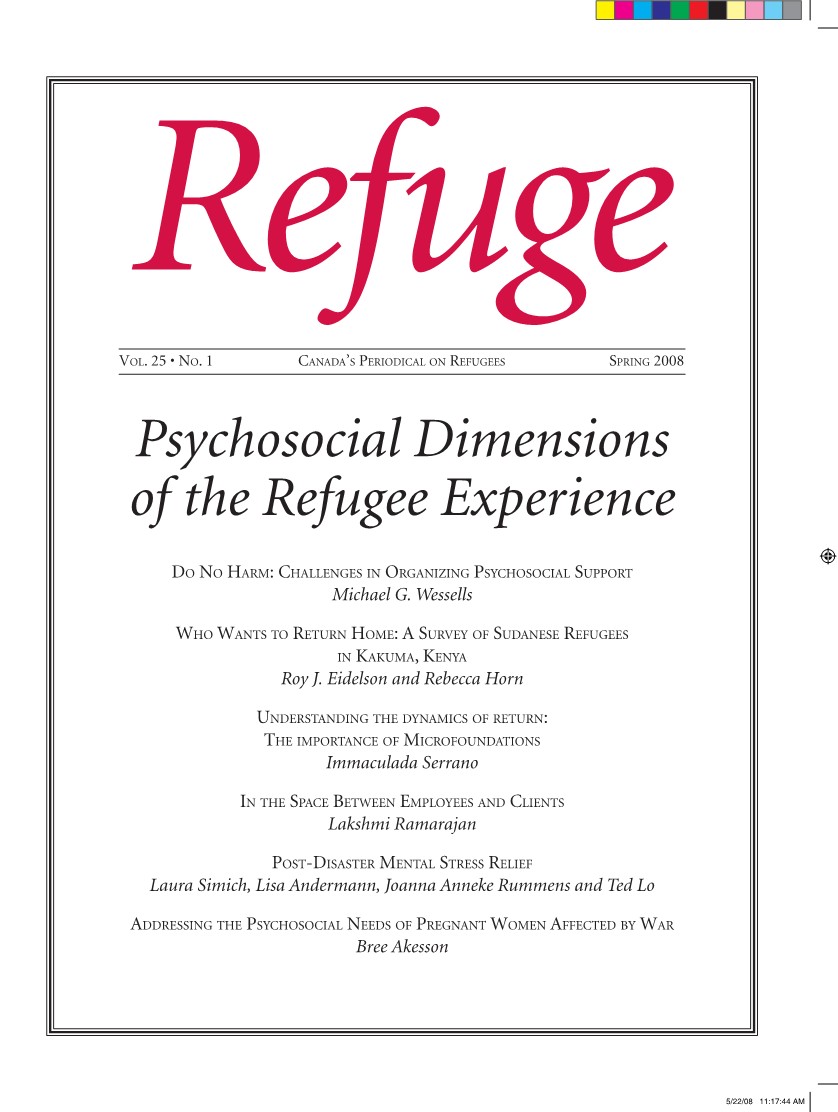Dialectics of Humanitarian Immigration and National Identity in Canadian Public Discourse
DOI:
https://doi.org/10.25071/1920-7336.21401Keywords:
Hegelian dialectics, Canada, humanitarian immigration, refugees, national identity, identity formation, media, discourseAbstract
Humanitarian immigration is an important element in the construction of Canada’s identity as a liberal and compassionate country. Drawing on Hegelian dialectics, a discourse analysis of newspaper articles published between 1996 and 2001 examines processes of national identity formation through humanitarian immigration in the media. My interpretation of this discourse suggests that Canada’s national identity is constructed on the basis of material inequalities through negation and sublation of refugees. By representing refugees who experience gender violence, children, and victims of natural disaster as deserving, the media construes an identity of Canada as compassionate. War criminals, supporters of hate crimes, and violent offenders are involved only to a limited degree in this dialectic.
Metrics
Downloads
Published
How to Cite
Issue
Section
License
Copyright (c) 2008 Harald Bauder

This work is licensed under a Creative Commons Attribution-NonCommercial 4.0 International License.
Refuge authors retain the copyright over their work, and license it to the general public under the Creative Commons Attribution-Non Commercial License International (CC BY-NC 4.0). This license allows for non-commercial use, reproduction and adaption of the material in any medium or format, with proper attribution. For general information on Creative Commons licences, visit the Creative Commons site. For the CC BY-NC 4.0 license, review the human readable summary.







